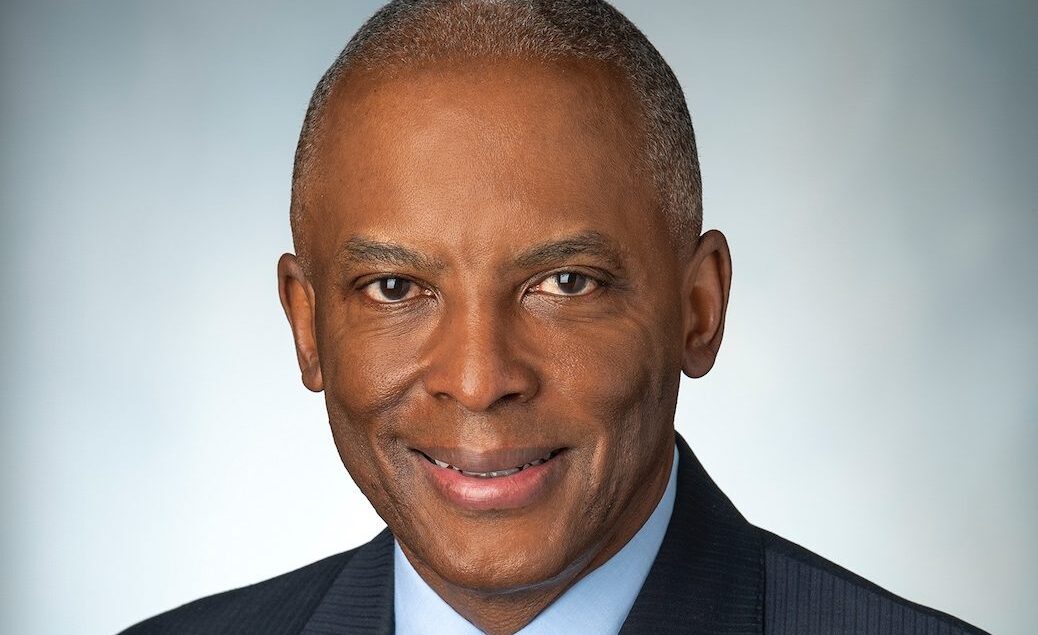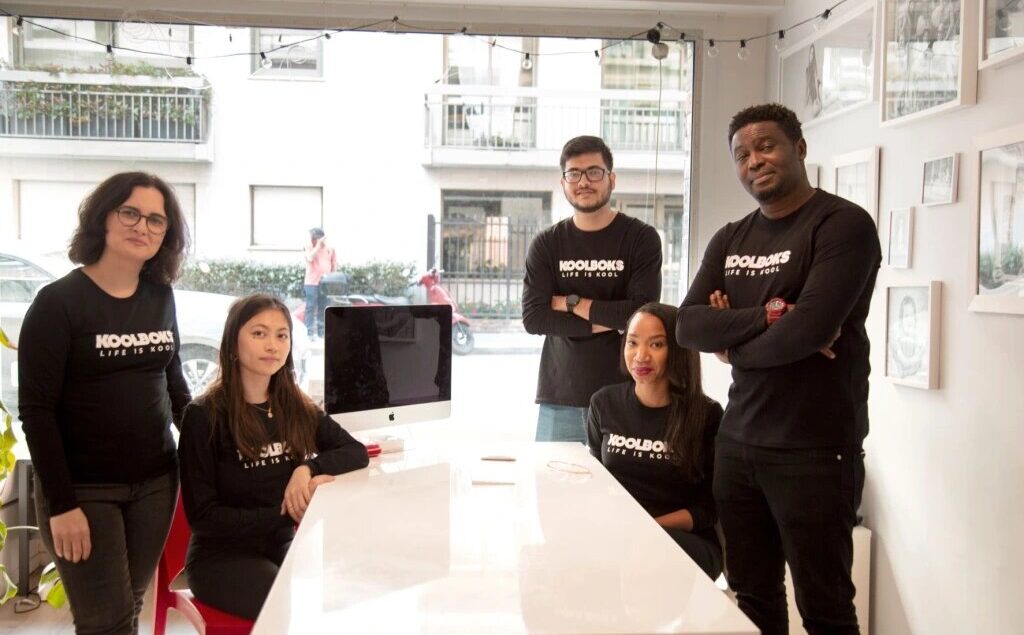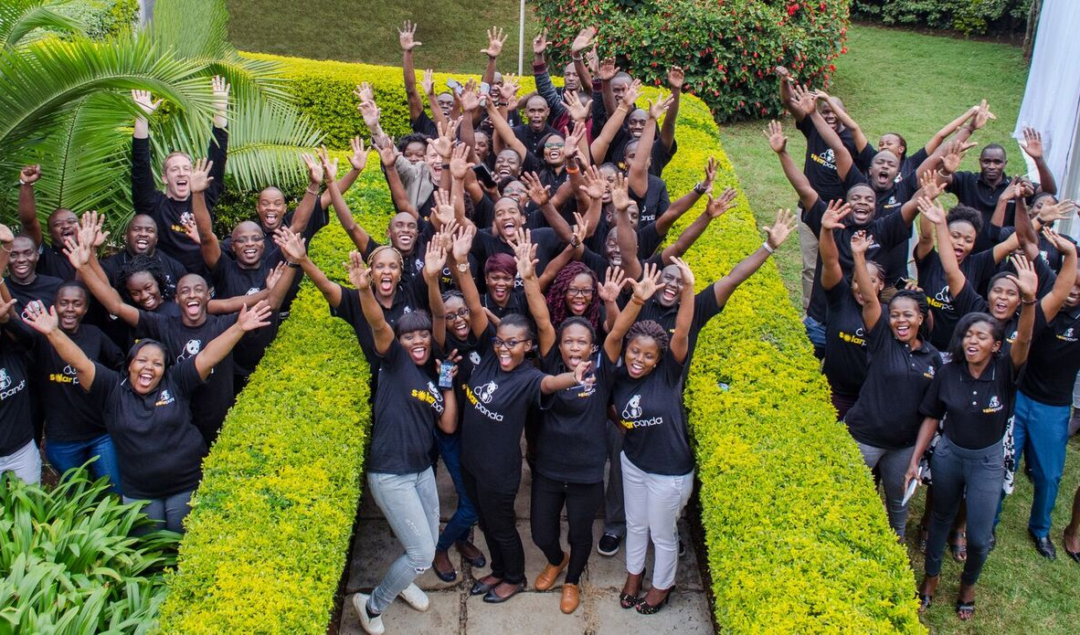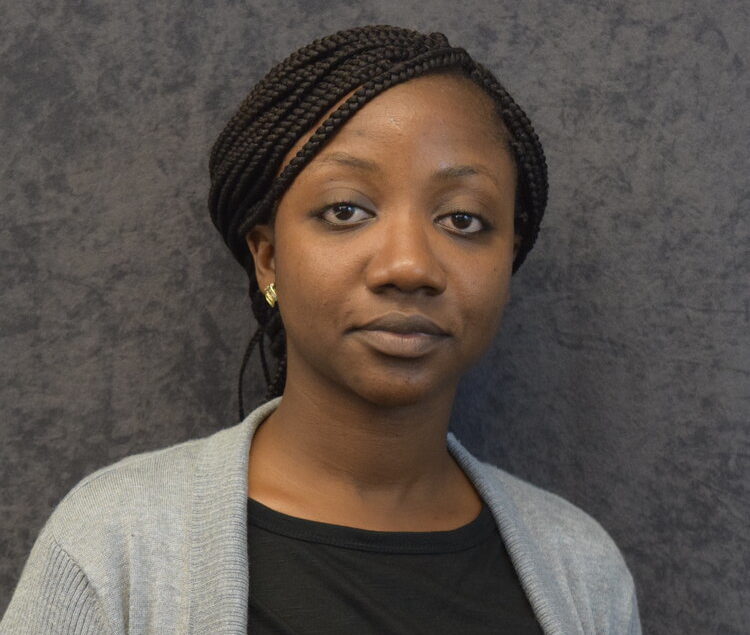Chris Womack has become president and CEO of Southern Company, joining a small group of Black chief executives leading major publicly traded corporations. Based in Atlanta, Southern Company is a prominent energy provider, generating $22.4 billion in annual revenue in 2021, and through its subsidiaries, it serves approximately 9 million customers. Three Decades of experience A 35-year company veteran, Womack previously was chairman, president, and CEO of Georgia Power, the Southern Company’s largest subsidiary. Before that, the Greenville, Alabama native was executive vice president and president of external affairs for Southern
Black-owned renewable energy platform, Koolboks, announced the close of its $2.5 million seed funding round. The funding round, led by Nigeria-based growth equity fund Aruwa Capital Management, also included participation from Acumen, Blue Earth Capital, All On, GSMA, and other investors. Koolboks, founded in 2018 by Ayoola Dominic and Deborah Gael, has provided a solution to Africa’s inconsistent and erratic power supply. The company has designed generated refrigerators without power to offer accessible cold storage solutions to businesses and citizens across Africa. The company also offers 24-hour refrigeration sourced from
Kenyan and Canadian-based solar energy platform, Solar Panda, has raised $8 million in Series A funding. The funding round was led by investors Oikocredit and Electrification Financing Initiative. The pay-as-you-go solar home system was founded by Andy Keith in 2016, to help provide clean, affordable solar energy to rural communities in Africa. The platform has already provided more than 200,000 solar home systems to households across Kenya from its 37 retail branches. “We are excited to partner with leading global impact investors Oikocredit and EDFI ElectriFI and thankful that this
Originally posted here via Wogrammer As a child in Nigeria, Olamide Opadokun noticed a constant issue in her community: the sporadic availability of electricity. With not enough energy being produced for each town, families and businesses were often forced to use backup generators that made loud, disruptive noises and contributed to air pollution. Having read about renewable energy advances happening abroad, Olamide wondered why Nigeria didn’t have a better solution. “It was sunny every day in Nigeria — why weren’t we using more solar energy? As the rest of the







